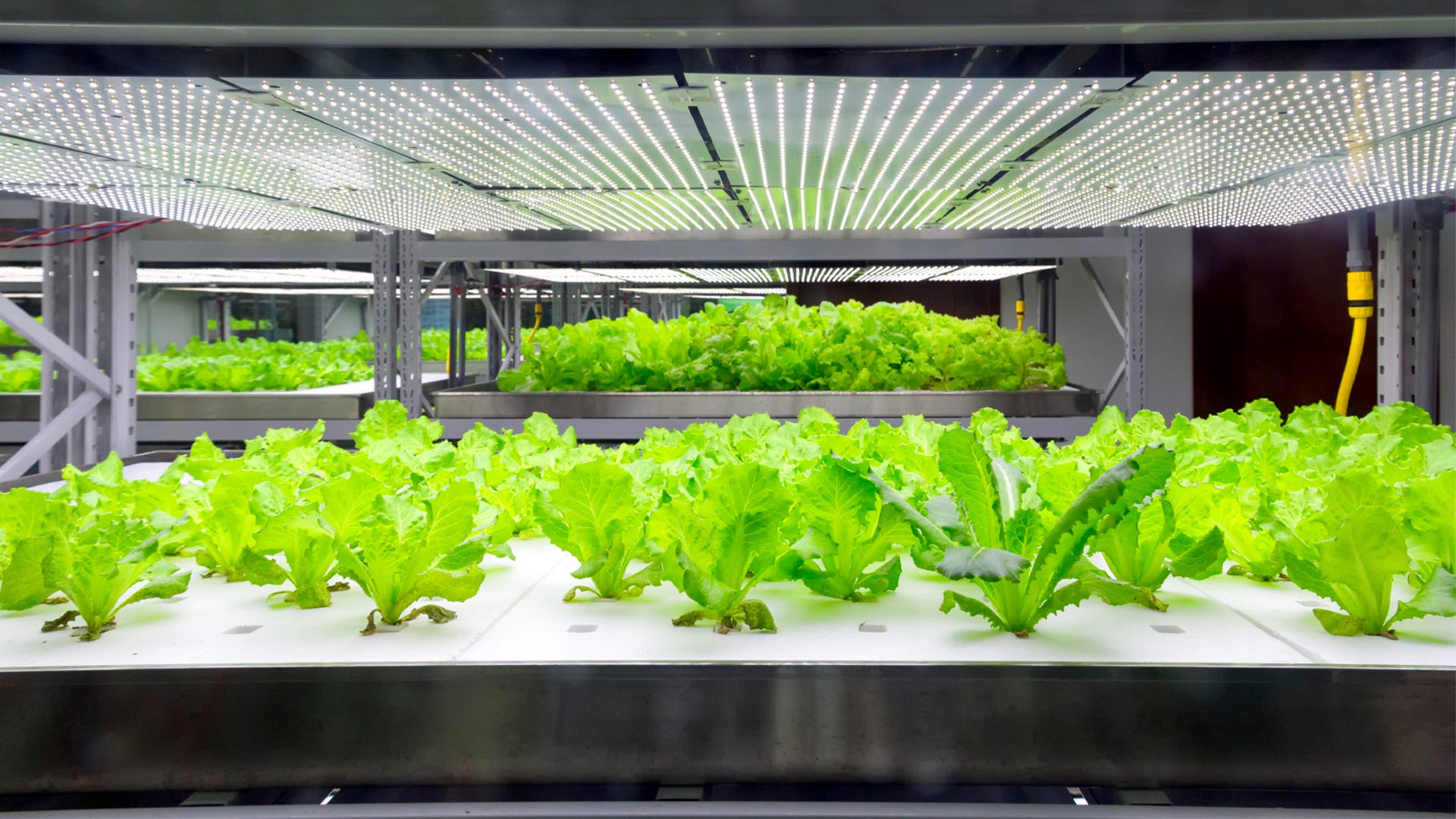Benefits of Hydroponic Growing: A Soil-Free Solution for Plants

Welcome to our blog post on the benefits of hydroponic growing! In this article, we will explore the advantages of using hydroponic systems to grow plants without soil.
Whether you're a gardening enthusiast or a business owner looking to establish a strong online presence, hydroponic grow Tent Central Coast offers numerous benefits that can enhance plant growth, conserve water, and control pests and diseases. So, let's dive in and discover the exciting world of hydroponics.
1. Improved Plant Growth and Yield
A. Increased Oxygen Availability
In hydroponic systems, oxygen levels are optimised to promote healthy root development and nutrient absorption. Unlike traditional soil-based methods, where roots often struggle to access sufficient oxygen, hydroponics ensures that plants receive an ample supply of oxygen directly to their roots. This increased oxygen availability leads to enhanced growth rates and overall plant health, resulting in greater yields and healthier plants.
B. Nutrient Control
One of the key benefits of hydroponics is the precise management of nutrients. In traditional soil-based agriculture, plants rely on the soil to provide them with essential nutrients.
However, hydroponic systems allow for precise control over the nutrient solution, ensuring plants receive the ideal amount of nutrients they need to thrive. This targeted approach to nutrient delivery leads to increased crop yield and quality compared to traditional methods.
2. Water Conservation and Efficiency
A. Reduced Water Usage
Hydroponics is a highly water-efficient method of cultivation. By eliminating the need for soil, hydroponic systems use significantly less water compared to traditional agriculture.
This is especially beneficial in arid regions or during droughts when water resources are limited. Water scarcity is a global concern, and hydroponics provides a sustainable solution by minimising water usage while still producing abundant yields.
B. Recycling and Reusing Water
Another advantage of hydroponic growing is its closed-loop nature. In traditional agriculture, water is often lost through evaporation or runoff. However, in hydroponics, water is recycled and reused within the system, reducing wastage and minimising environmental impact.
By implementing recycling practices, hydroponic grow Tent Central Coast can contribute to a sustainable approach to water management, preserving this precious resource for future generations.

3. Pest and Disease Control
A. Minimised Pest Infestation
One of the significant advantages of hydroponic systems is the elimination of many common pest problems. Without soil, hydroponic plants are protected from soil-borne pests, such as nematodes or fungi that can cause significant damage to crops.
This reduces the need for pesticides, promoting healthier plants and reducing the risk of crop loss due to pest infestation.
B. Disease Prevention
Hydroponic plants are less susceptible to diseases caused by pathogens compared to plants grown in soil. This is because hydroponic systems provide a controlled environment that minimises the risk of pathogen contamination.
Additionally, hydroponic growers employ sterilisation techniques to prevent the spread of diseases, further safeguarding their crops. By reducing the incidence of diseases, hydroponics offers growers greater confidence and stability in their harvests.
Wrapping Up
Hydroponic growth offers a multitude of benefits for individuals and businesses alike. From improved plant growth and yield to water conservation and efficient water usage, hydroponic grow Tent Central Coast provides a sustainable solution to cultivate plants without soil. Embrace the soil-free solution of hydroponics and establish a strong online presence with your thriving hydroponic garden or business.
Comments
Post a Comment